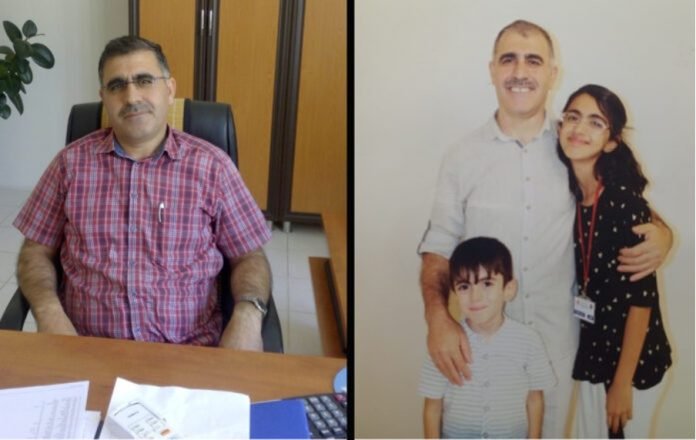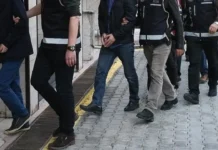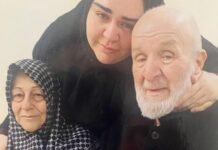A father of two, convicted of alleged links to the faith-based Gülen movement in August 2021, has been denied release from prison despite suffering from cancer, the Tr724 news website reported.
Mustafa Çiftçi was diagnosed with cancer in March after three months of poor health. He was experiencing drastic weight loss, bodily aches and fatigue. When he started coughing up blood, he was taken to the hospital, and doctors found a cancerous tumor in his chest. Çiftçi’s symptoms progressed considerably and in a short time he was unable to take care of himself; however, his appeals to be released to seek proper treatment have been declined by the Balıkesir 2nd Penal Court.
Çiftçi worked as bookkeeper for a private school affiliated with the Gülen movement before the school was closed down by an emergency decree after a coup attempt on July 15, 2016. He was tried, convicted and sentenced to almost nine years in prison, to be served at Sungurlu T-type prison in Turkey’s Balıkesir province.
Turkish President Recep Tayyip Erdoğan has been targeting followers of the Gülen movement, inspired by Turkish Muslim cleric Fethullah Gülen, since the corruption investigations of December 17-25, 2013, which implicated then-prime minister Erdoğan, his family members and his inner circle.
Dismissing the investigations as a Gülenist coup and conspiracy against his government, Erdoğan designated the movement as a terrorist organization and began to target its members. He intensified the crackdown on the movement following the abortive putsch that he accused Gülen of masterminding. Gülen and the movement strongly deny involvement in the coup attempt or any terrorist activity.
In a video posted on social media, Çiftçi’s wife said her husband could barely stand. “My husband was diagnosed with cancer while he was in prison. He has been experiencing terrible pain and needs to take painkillers to make it through the day. I call on authorities to please not be the cause of my husband’s death,” she said.
Çiftçi has also been experiencing a loss of appetite, dizziness, unstable blood pressure and shortness of breath.
In a parliamentary speech, Peoples’ Democratic Party (HDP) deputy Ömer Faruk Gergerlioğlu called on authorities to listen to the family’s pleas for Çiftçi’s early release. “What are you waiting for to release him?” he asked. “Are you waiting for him to die? His diagnosis was already delayed because it took such a long time for prison authorities to allow a hospital visit.”
According to a recent report by Turkey’s Human Rights Association (IHD) there are at least 1,517 sick inmates in Turkish prisons, 651 of whom are seriously ill, as of December 2022. Moreover, 39 of 76 inmates who died in prison in 2022 were critically ill.
Sick inmates faced a number of difficulties such as overcrowded wards, heating problems, delayed admission to the infirmary, an insufficient number of doctors, delayed referrals to the hospital and a lack of nutritious food, clean water and adequate exercise.
According to the law, the sentence of a prisoner who, due to a serious illness or disability, is unable to manage life on their own under prison conditions and who is not considered a serious or concrete danger to society may be suspended until they recover. However, the decision to suspend sentences is not implemented for many political prisoners.















